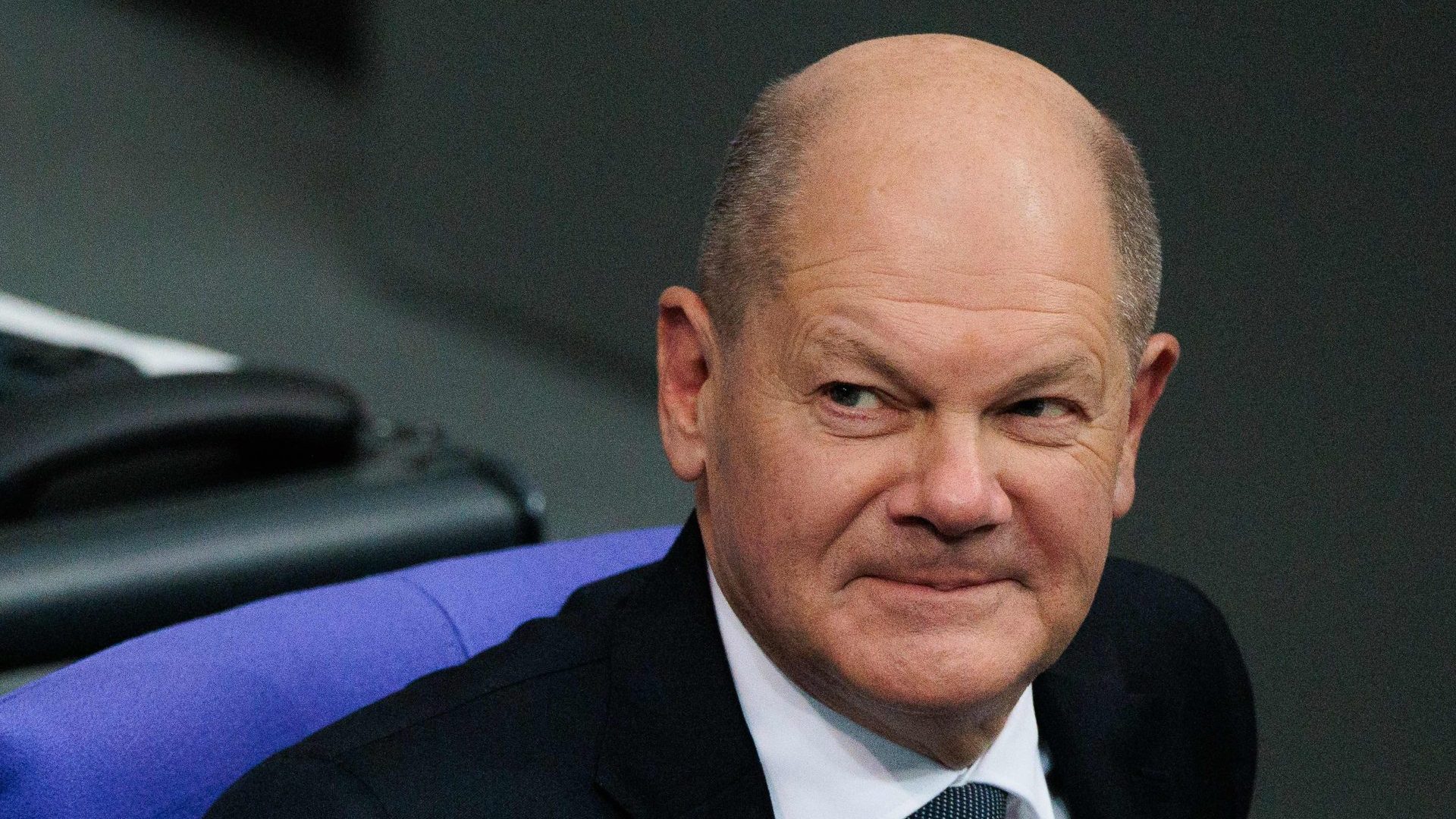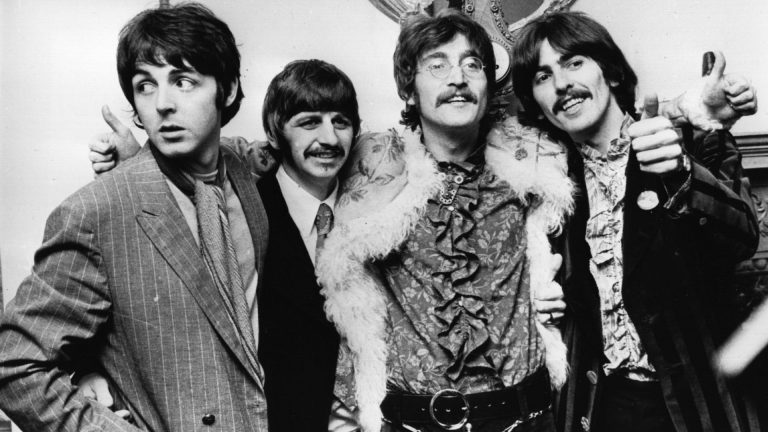It’s a historic day for Germany – in 74 years of the Federal Republic of Germany, chancellors have called for a vote of confidence only five times. In three of those cases, it was to deliberately bring about new elections. Today marks number four.
In the UK and in France, the prime minister and the président de la République can basically call snap elections at will (although Emmanuel Macron probably regrets this now). The Bundeskanzler cannot, thanks to lessons learned from the politically unstable Weimar Republic.
So in order to comply with the German constitution, chancellor Olaf Scholz had to go down the road of what we call the Vertrauensfrage: asking parliament for a vote of confidence while intending to lose this vote, because only then would he be able to ask the Bundespräsident to dissolve parliament and allow early elections.
As Scholz’s coalition has collapsed and he has no chance of forming another one, president Frank-Walter Steinmeier has already signalled that he won’t put obstacles in the way of holding elections on February 23 next year. Scholz looks likely to be voted out in those, but this was the only way to stop political paralysis.
The current Bundestag has 733 MPs. In order to lose the confidence of parliament, Scholz needed less than 367 votes. As expected, out of the 717 votes counted, 207 gave Scholz their confidence, 394 did not and 116 abstained.
The SPD group, with its 207 MPs, was keen to express its confidence in its own chancellor. However, the leadership of the Green parliamentary group recommended that its 117 MPs abstain – to make sure no other parliamentary group could create havoc by actually voting in favour of Scholz. Everyone wants this chapter to end.
Unlike Scholz, other chancellors have used the Vertrauensfrage to secure their position or set a new political course. Willy Brandt in 1972, for instance, wanted to force new elections in order to secure support for his Ostpolitik of reaching out across the Iron Curtain. After losing the motion of confidence, he achieved the best electoral result for the SPD in history (45.8% on a record 91% of voter turnout).
Ten years later, the coalition between SPD and FDP broke down and Helmut Kohl became chancellor following a constructive vote of no confidence (reminder: the German constitution dislikes early elections, so if parliament agrees on a new leader without them, all the better).
But power-player Kohl felt he needed the popular vote, too. So he made sure he lost the vote of confidence in 1982 to be then confirmed in office by the electorate.
Until today, Gerhard Schröder was the last one to exercise this prerogative, in 2005. His reason: poor results in state elections for the Social Democrats and the Greens, showing growing dissatisfaction with his government. His red-green era ended with Angela Merkel’s narrow victory.
This was only 20 years ago – but the political landscape in Germany looks fundamentally different today: two new parties have since popped up and will make stable coalitions infinitely more difficult.
Fun fact: Three members of parliament from the far right AfD voted in favour of Olaf Scholz today, because they were worried “about a war chancellor Friedrich Merz”, chairman of the rival CDU chairman, who is outspoken in his support for Ukraine. One vote is over, but issues like this will shape the one to come.










